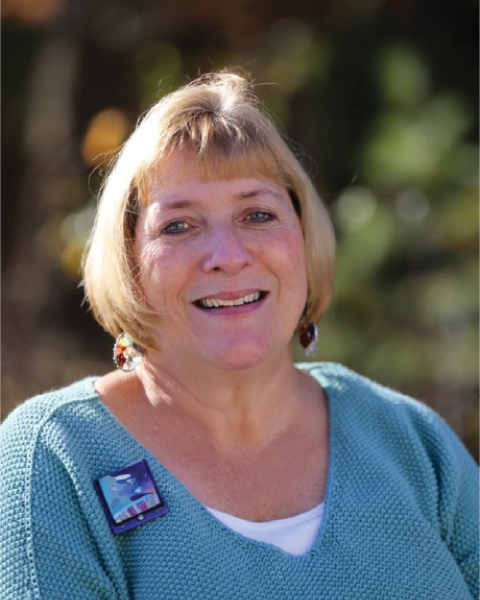Ask Kathy: Live Proud

Hi Kathy,
My younger sibling recently graduated from college and has a suspicion that they might be Autistic. They were diagnosed with a sensory disorder as a child, but they feel that there could be more going on that impacts their social and emotional wellbeing. They're anxious to get to the bottom of things and, simultaneously, worried about what a label might mean. They’re scheduled to begin screening tests soon. How can I best support them during this process, and do you have any advice for us?
- From a loving older sister
Thank you for your question. This is a complicated topic but here’s what I think…
An individual's feelings about their disability are personal. Those feelings can and often do change over time. It’s clear you love your sibling, and you want them to feel confident in themselves.
Start by reminding them that there isn’t a single diagnosis in the world that could change how you feel about them.
They would still be the same successful college graduate they were meant to be. An autism diagnosis will not change who your sibling has always been. Your support and understanding will help your sibling more confidently deal with whatever happens next.
I have cerebral palsy, and I use a power wheelchair to get around. My disability is obvious. People ask me lots of questions about my disability and the equipment I use daily. I answer these questions happily because I believe the education I provide is helping them understand that disability is a natural part of the human experience.
Validate your sibling’s fears. A disability label often carries prejudice and stigma with it. Maybe that is because people are afraid of what they don’t yet understand. No one has to disclose their disability status to anyone. However, there needs to be more honest conversations about disability so that everyone can get accurate information. Acceptance comes slowly, but it does come.
Your sibling's challenges may not be as visible as mine, which could, interestingly, lead to more obstacles when it comes to getting the support they may need.
That’s why I always say, it’s a good idea to become an expert on yourself. This way, you can be your own best advocate if you need help in any area of life. I give the same advice to anyone with a disability, regardless of how visible the disability may appear to others.
There are some benefits to getting a formal disability diagnosis. An autism diagnosis can lead to becoming more self-aware and answering the questions your sibling might have been concerned about for a while. A formal diagnosis of a disability allows for protection from discrimination under the Americans with Disabilities Act (ADA, 1990). Your sibling will also have the right to vocational supports and services when seeking employment. Finally, joining a peer group after an autism diagnosis may help your sibling. If they meet other adults with autism and feel comfortable enough to ask questions and discuss their challenges with the new diagnosis, this will most likely lead to greater acceptance. Connecting with people who share similar life experiences is a great way to find a new community for a sense of belonging, support, and friendship.
One last piece of advice for both you and your sibling: live proud, just breathe, humans are imperfect, so relax and continue your journey.
